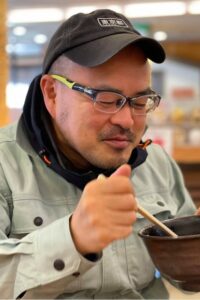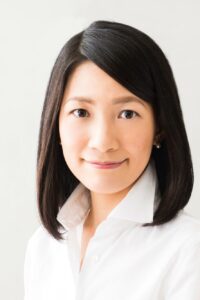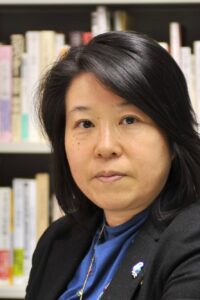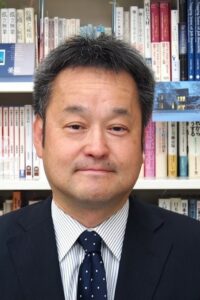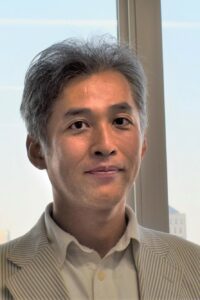
Ishida Mitsunori, Professor at Waseda University The phrase “loneliness and isolation” has often caught my eye since NHK (the Japan Broadcasting Corporation) produced a special edition on the muen shakai (a society where individuals are isolated and have weak links with each other). Ten years have now passed and there is renewed interest in the issue with the Suga Cabinet installing a “minister in charge of loneliness and isolation.” As soon as attention turns to loneliness and isolation, there emerges, as if in a backlash, a discussion about reexamining the value of loneliness and isolation. In short, a discussion about the need to recognize the value of being alone. Possibly out of consideration for such opinions, the phrase “unwanted loneliness and isolation” has recently come into use, and there is also a tendency to limit the nature of the problem. However, ... ... [Read more]
